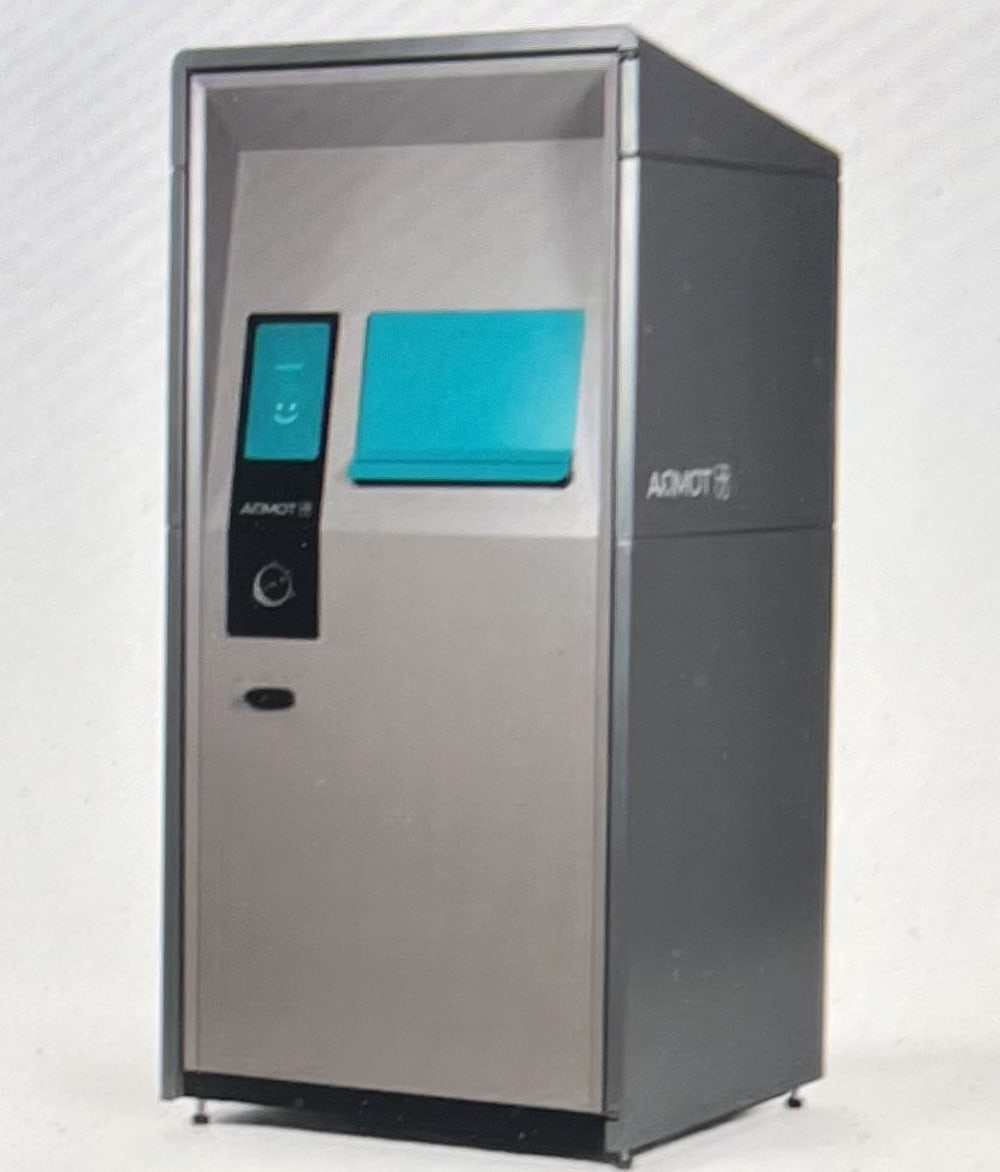After more than 30 years, there are still only 10 deposit law states where consumers are incentivized to recover their 5 or 10 cent deposits on beverage and water bottles and containers.
Yet, the evidence after 30 years shows that in deposit states, 75-90% of deposit bottles are returned, just so consumers can recover their deposits, while in non-deposit states, the recycle rates are only 15-20%.
But, let me suggest an untried guaranteed option for getting recycled plastics back to a central location, while also assuring that the various plastic material types are already separated and that they are relatively clean and free of contamination.
Let’s create a returnable plastics lottery system where reverse vending machines are reprogrammed to work like "slot machines," and where any authorized plastic item could be returned and where only very occasionally would the depositor win a relatively large dollar amount prize.
Reverse vending machines have already been invented and are available from the TOMRA Corporation. Lottery commissions are already established in every state and the lottery mentality has been proven over many years to work effectively.
That is, virtually everyone will consider buying a lottery ticket, knowing that the chance to win is 3 million to 1, but also knowing that there is at least a (small) chance to "win big." I guarantee you that a lottery system will bring back a high percentage of whatever plastic items we want to collect, just as deposit systems guarantee a high return rate for bottles.
Not only that, but with a lottery system utilizing modified reverse vending machines, all types of plastic packaging items would be returned, including bottles, straws, cups, lids, plastic bags, whatever, and we could design the reverse vending machines to accept only one type of item made out of only one type of plastic material, which would significantly reduce the cost of separating items at an MRF.
Then plastic recycling companies like our Phoenix Technologies company in Bowling Green, Ohio could get enough material locally so that we would no longer have to pay the shipping costs for recyclable raw material from Canada and Mexico….. and the material we would receive would be much cleaner than what we get today…. and we could recover 90%, instead of our current 60% of whatever plastic we were targeting.
The economics of recycling, therefore, would change almost overnight, and the consumer would finally be motivated to return virtually every plastic disposable item, or as happens in stadiums, some child would return what the adults leave behind.
The keys are to leverage the "lottery mentality" as the incentive and to utilize reverse vending machines that will guarantee separation by product design and by plastic material type.
Like this entry?
-
About the Entrant
- Name:Thomas Brady
- Type of entry:individual
- Software used for this entry:Reprogram a reverse vending machine
- Patent status:none


